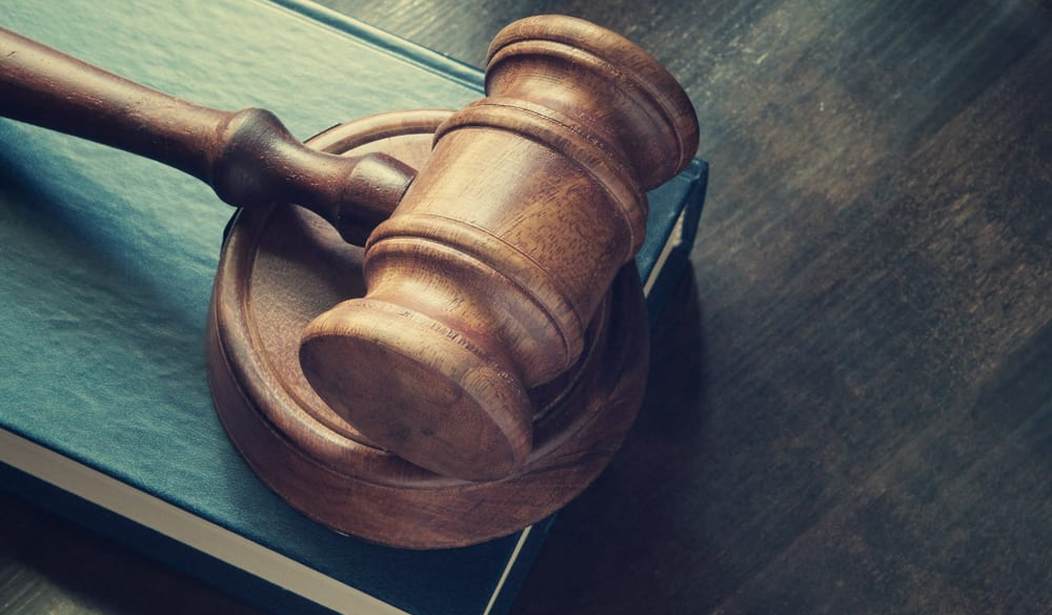When students are accused of sexual misconduct at American colleges, rather than have the police step in, colleges often subject the accused to a Title IX investigation. These investigations are often conducted by administrators with no training whatsoever in law enforcement.
While many female students hail this process as a better “alternative” to probes conducted under the constitutional protections of our law enforcement and judicial system, the fallout for a growing roster of young men accused of sexual assault has been absolutely devastating.
Campus sexual assault investigations often afford accused students with very little in the way of due process rights. For example, they are denied the right to cross-examine witnesses, and are even denied the right to outside legal counsel. They are not even granted the presumption of innocence.
If you’ve followed this issue for a while, you’re likely aware of the problem. By now, most Americans are. But per a newly released report from the Foundation for Individual Rights in Education (FIRE), the situation may be even worse than previously imagined.
FIRE probed the state of due process protections at the top 53 colleges in America. From FIRE’s report:
[N]early three-quarters (73.6%) of America’s top 53 universities do not even guarantee students that they will be presumed innocent until proven guilty.
If students don’t receive the presumption of innocence, are some students being presumed guilty instead? Indeed, the results of many recent Title IX trials suggest just that.
Case in point: USC students Zoe Katz and Matt Boermeester had been dating for more than a year before a fellow student reported witnessing him abusing her to the Title IX office. Both Katz and Boermeester said the witness misinterpreted the incident, saying they were just “roughhousing,” no harm done.
Too bad, the Title IX office said. Operating under the assumption that all accused men are guilty, the Title IX office assumed Katz was a victim too afraid to speak up. From what Elizabeth Nolan Brown at Reason reported, it appears investigators even tried to gaslight Katz — telling her she “must be afraid of Matt,” that she was suffering from “battered woman syndrome.”
Boermeester was expelled.
Katz came forward to the media to clear his name, but the damage was already done. Boermeester was just another casualty in the campus rush to appear “tough on sexual assault.”
FIRE’s report also found that many constitutional protections making up due process, such as the ability to cross examine witnesses and the right to outside legal counsel, are non-existent at many colleges. The report included prominent institutions like Columbia University and the Georgia Institute of Technology.
Without due process protections, accused students have no recourse as they are railroaded towards a life-altering verdict. Unless, of course, they file a lawsuit. Title IX for All, a project that tracks due process lawsuits, has found that students have filed at least 170 lawsuits against their universities for violation of due process rights in the past few years.
Susan Kruth, the senior program officer for legal and public advocacy at FIRE, tells PJ Media that the foregoing of presumption of innocence is especially alarming:
This is such a fundamental principle. Without a presumption of innocence, students can be punished — potentially with life-altering consequences — based on only an accusation, with no supporting evidence.
This sort of system, Kruth says, “creates a huge risk of innocent students being punished,” putting their entire future in jeopardy. Not only are students often “suspended or expelled,” but the ramifications of that “seriously hinder a student’s ability to complete his or her education and start a career.” They lose scholarships, need to repeat semesters, and lose job offers, Kruth explains.
Not all accused students are innocent, Kruth warns, but that isn’t the issue. Justice is:
Of course, if these [consequences] come as a result of a violation that a student actually committed, they may be deserved. But it is unjust for an innocent student to suffer these consequences as a result of a hearing where they were not allowed to defend themselves.
With the publication of FIRE’s “Spotlight on Due Process 2017” report, Kruth hopes that colleges will start improving the way they conduct Title IX trials. “We’re hoping this report spurs administrators to get in touch with us,” she says. Aside from that, Kruth says FIRE is going to keep doing what they’ve always been doing — educating, working with students and faculty, and advocating for policy reform.
Follow the author of this article on Twitter: @Toni_Airaksinen










Join the conversation as a VIP Member